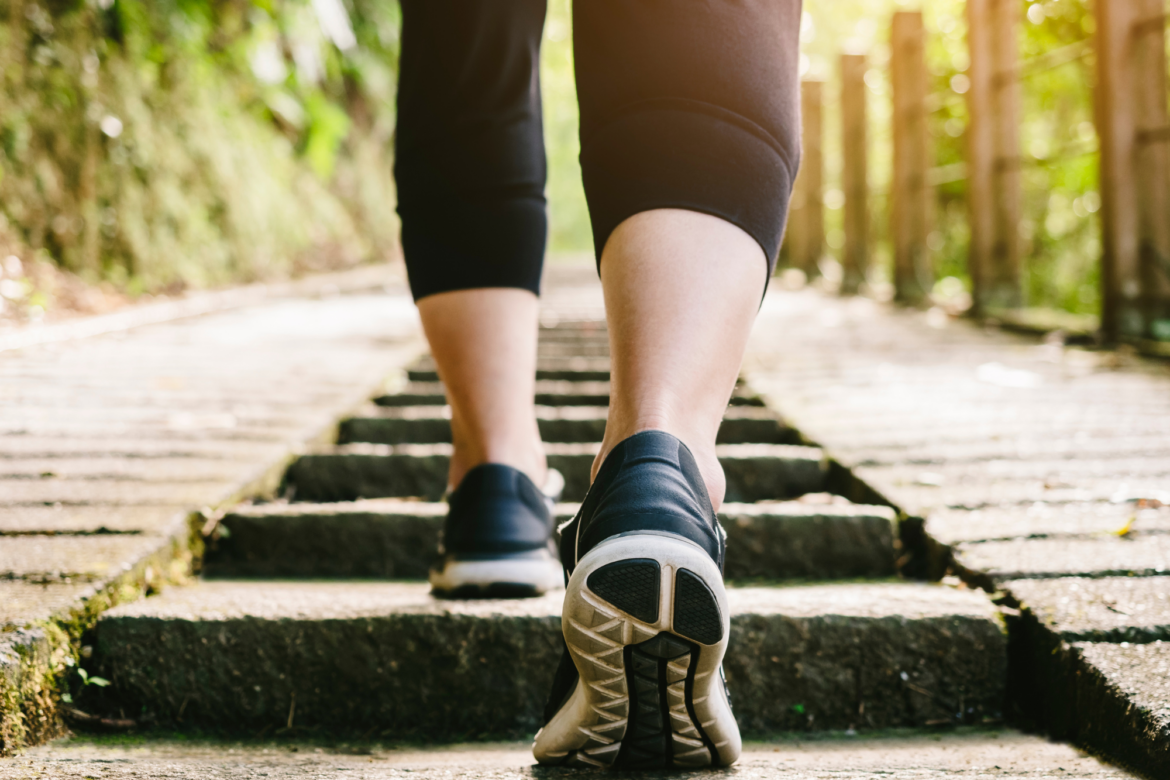Put The Spring Back In Your Step
Have you ever noticed your feet are put through a lot more wear and tear through the summer months? In the summer, your feet are more exposed to the elements. With more barefoot walking in and outside of the house, wearing sandals and other open-toed shoes that provide little support, and exposure to the sun all contribute to the formation of blisters, cracking, and calluses. Further, most find themselves with a higher activity level in the summer months compared to a sedentary lifestyle in the winter, leading to an increase in stress and strain put on the feet. Put the spring back in your step with these tips and tricks.
Tips and Tricks to Care for Abused Summer Feet
- Cracking and Callus Care: Apply lotion. Don’t apply between the toes as moisture and bacteria can build up here, but apply lotion to the rest of the foot, ankle, and lower leg to add moisture to dry skin.
- Apply sunscreen. The feet can be an easy spot to forget to apply sunscreen, whether it’s a beach day or you find yourself walking outside a lot with shoes that expose the feet.
- Don’t pop or pick at blisters and calluses. Blisters are your body’s natural way to create a barrier and protect the irritated tissues. Popping blisters can also create an environment for infection and further irritation to the underlying tissues.
- Correct shoe and sock wear. A blister or callus is formed due to excessive rubbing or irritation to an area. Wear properly fitted shoes that avoid rubbing, but also should provide support and protection to the feet. Wear moisture-wicking socks (avoid cotton socks) to prevent sweat build-up that leads to blister formation.
Heel Pain?
Do you find yourself experiencing more heel pain or pain at the bottom of your feet with all of the increased stress on your feet during the summer? You might be experiencing plantar fasciitis. The plantar fascia is a tissue at the bottom of the foot connecting the heel bone to the base of the toes. Typically, plantar fasciitis presents with increased stiffness in the morning and pain with touch to the bottom of the foot. This can be caused by repetitive motions that put stress on this tissue, such as walking or running. A quick test for plantar fasciitis called the Windlass test, is to pull the big toe up into extension while standing on the foot being tested, as demonstrated in the photo below. If this reproduces your pain, you may benefit from seeing a Physical Therapist to treat and address the cause of your plantar fasciitis.
Tips and Tricks to address Heel Pain
- The calf musculature also attaches to the heel bone. If this is tight, it may pull and irritate the heel. Try stretching out the calf, holding the stretch for 30 seconds – 1 minute. Complete this stretch 3 times per day to be effective. Talk to your Physical Therapist on the correct form to provide an adequate stretch.
- Tennis ball roll out to plantar fascia: roll the bottom of your foot on a tennis or racquetball each morning and night.
- Wear shoes. Avoid going barefoot in the house, as this adds extra stress to the plantar fascia. Wear supportive shoes to allow the fascia to heal and rest.
- Towel scrunching exercise: seated in a chair with your feet placed on a towel on the ground, scrunch the towel using the bottom of your foot. This will build up strength in the small muscles in the foot to help support the arch and plantar fascia.
- Foot and ankle pain may be related to lower extremity chain alignment. Talk with your Physical Therapist if you would be a good candidate for over-the-counter inserts or custom orthotics to place in your shoes based on your alignment and the support you need. Poor ankle and foot alignment may also be a result of weaker musculature up the lower extremity chain in the hip. A physical therapist can help with creating and prescribing a unique home exercise program based on your needs to address hip and ankle weakness to get you back on your feet pain-free.
If you are someone who has tried the tricks and tips listed above and continue to have heel and foot pain, we can help! Schedule your appointment today!

